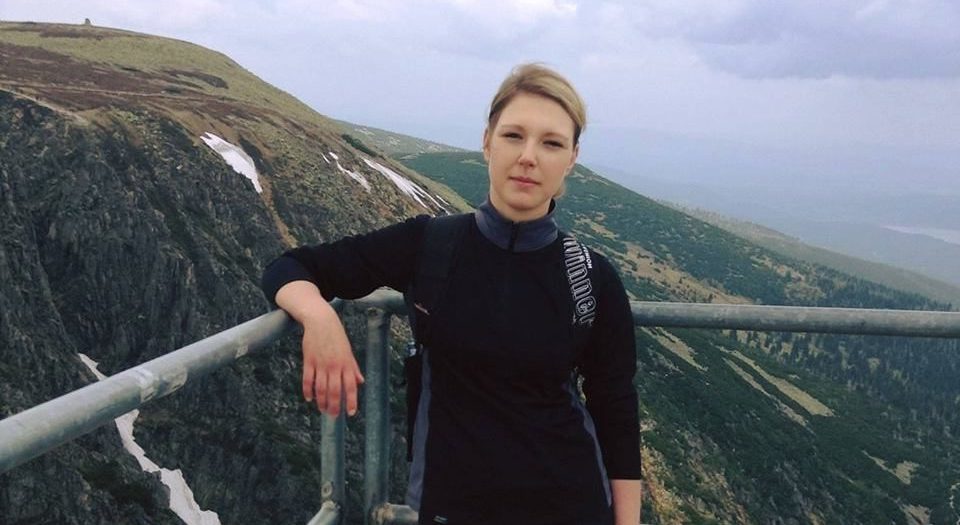A Dundee student is hoping to help the nation get fit by exercising for just six minutes a week.
Patrycja Kusiac, from Abertay University, is looking for volunteers to take part in her study, which aims to find the minimum frequency of exercise needed to improve health in middle aged people.
The fourth year sport and exercise student was inspired to carry out the research by the low physical activity figures in the UK.
Her study would involve a total of 16 participants who would be split up into two groups, the first of which will complete one six-minute training session per week for six weeks on a stationary bike, and the other will do two six-minute sessions a week for three weeks.
The participants need to be aged between 35 and 58, healthy, and not currently taking part in any structured physical training for more than an hour a week.
Patrycia said: “Exercise training had been shown to improve health and decrease the risk of many lifestyle-related diseases, such as diabetes or cardiovascular disease, as well as improve quality of life and mental well-being of participants.
“While many benefits of regular participation in physical activity are well researched and established, recent studies had reported that majority of the population fails to adhere to the current exercise guidelines proposed by American College of Sports Medicine.
“In 2012 only over 60% of the UK adult population had met the minimum exercise guidelines, with physical activity levels declining with age.
“High intensity training, consisting of repeated bouts of exercise at very high intensities, interspersed with recovery periods, have been shown to be a time efficient and effective alternative to traditional endurance training.
“Many people say that they don’t exercise because they don’t have the time, so short bouts of exercise could help to solve that problem.”
Patrycja has so far recruited eight participants and needs a further eight to come forward.
Those taking part in the study should be able to get to Abertay University where the training will take place, most likely during the week.
The study will begin as soon as there are 16 people signed up.
Anyone interested in this project can e-mail Patrycja at 1502017@abertay.ac.uk





